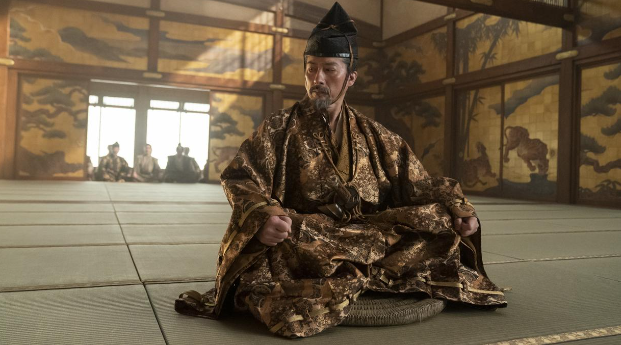James Clavell’s 1975 bestseller, “Shōgun,” presents the classic narrative ingredients that might suggest a white-savior tale. Its protagonist, John Blackthorne, an Englishman, initially lacks knowledge of Japanese culture and language but rises to become a high-ranking samurai under the patronage of a powerful feudal lord. Additionally, his romantic involvement with the lord’s translator, a noble Japanese woman, adds further layers to this potential narrative trope. However, Clavell’s novel and its new miniseries adaptation take a more nuanced approach, particularly in centering Japanese characters.
In the novel, Blackthorne, a ship pilot, finds himself shipwrecked off the coast of Japan. His primary goals are to establish trade relations with Japan and to counter Portuguese and Catholic Church interests in the region. Yoshi Toranaga, a powerful lord, becomes interested in him, aiming to use Blackthorne for his political maneuvering. Meanwhile, Blackthorne’s relationship with Mariko, Toranaga’s vassal and translator, unfolds amidst the political tensions. Despite these narrative elements, Clavell subverts the white-savior trope by portraying Blackthorne as flawed and lacking agency, with his actions often driven by impulse rather than intelligence. Moreover, the novel features extensive sections where Blackthorne is absent, emphasizing the ensemble nature of the story set in feudal Japan.
The 1980 miniseries adaptation of “Shōgun” primarily centered on Blackthorne as a traditional hero figure. However, the new adaptation retains the novel’s ensemble quality, with most dialogue in subtitled Japanese. Created by Justin Marks and Rachel Kondo, the series delivers a faithful adaptation, capturing the intricate plot and themes of the novel, including political intrigue and cultural exploration. With compelling performances from the cast, including Cosmo Jarvis as Blackthorne and Hiroyuki Sanada as Toranaga, the series presents a multifaceted portrayal of feudal Japan, challenging traditional hero narratives and emphasizing the agency of Japanese characters.
In conclusion, both Clavell’s novel and its miniseries adaptation offer a nuanced exploration of cultural exchange and political intrigue in feudal Japan, subverting traditional white-savior narratives by centering Japanese characters and portraying the complexity of their agency and experiences. The compelling storytelling and performances make “Shōgun” a captivating journey through history and human relationships.








